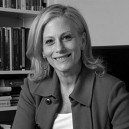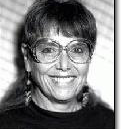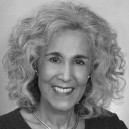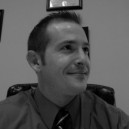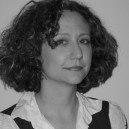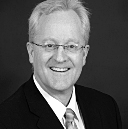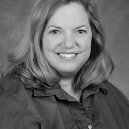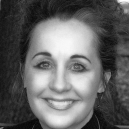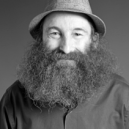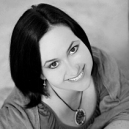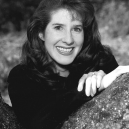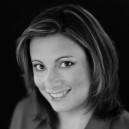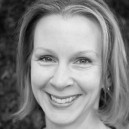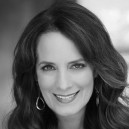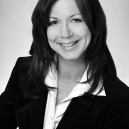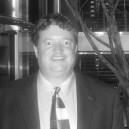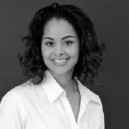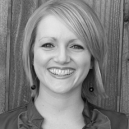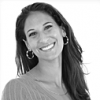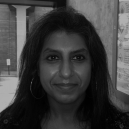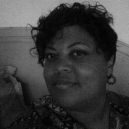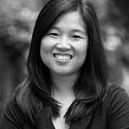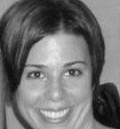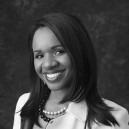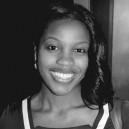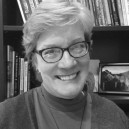Kristen Martinez, MEd, Ed.S, LMHCA , NCC
Counselor Specializing in LGBT Therapy
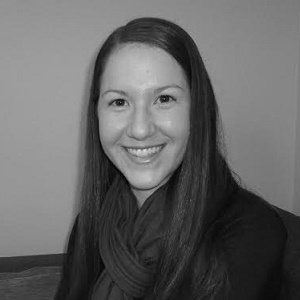 Kristen Martinez always knew she wanted to help people. She admits that there was no “aha” moment and that she began declaring she wanted to be a psychologist around eleven years of age. Her friends nicknamed her “Dr. Phil” and it took just one class-- Advanced Placement Psychology in high school before she had “fallen in love” with the profession.
Kristen Martinez always knew she wanted to help people. She admits that there was no “aha” moment and that she began declaring she wanted to be a psychologist around eleven years of age. Her friends nicknamed her “Dr. Phil” and it took just one class-- Advanced Placement Psychology in high school before she had “fallen in love” with the profession.
Although you knew at an early age that you wanted to be a counselor, how did you choose your specialty?
I knew I wanted to be a counselor, but I didn’t know right off the bat that I would consider my specialty working with sexual and gender minority clients. To be honest, that didn’t come into my radar until I was partway through my bachelor’s coursework. I started taking classes in the Women’s Studies department, and I became fascinated with the sociology of gender. Around the same time, some of my friends starting coming out as LGBT+, a few of whom I had known since I was a child, and our group of friends slowly widened and widened to open up to more friends who identified as LGBT+. I knew that I loved these people, no matter what they identified as, and I started to notice a small glimmer of the discrimination and oppression they battled against every day. I already wanted to help people as it was, so I slowly became active as an ally in the LGBT+ movement and realized that I would love to work with these people for a living.
What educational choices did you make and why?
I received my Bachelor’s degree in Psychology from the University of Florida, along with minors in English and Classical Studies. When I was in my senior year of undergrad, I started thinking about what to do after graduation. Unfortunately, career opportunities for a graduate with a Bachelor’s in Psychology are pretty limited. I’m not sure I totally grasped that when I started my undergraduate education, but I was so enthralled with psychology that I didn’t care anyway. Toward the end of undergrad, I came to terms with the fact that I would need to go to graduate school if I was going to be successful. For a short while, I was actually split as to whether to go for English or for psychology. Once I decided on psychology, another Pandora’s box was opened: Psy.D or Ph.D? I wasn’t sure that I could handle more than a few more years in education, so I started looking at counseling programs. It turned out that the University of Florida had a highly ranked Counselor Education program, so I took a gamble and applied and was ecstatic when I learned that I had been accepted. I decided to focus my graduate education on the LGBT+ population after learning that there weren’t many resources available to me in my program. I wrote every paper and project in context to the LGBT+ community, and in the process, became a resource and an advocate on the subject within my own program for my fellow students and even a few professors. I had a wonderful, humbling, introspective, and exhausting two and a half years of graduate school, wherein I earned Master’s in Education and Education Specialist degrees in Mental Health Counseling.
What is particularly special or rewarding about working in your field?
The most rewarding experience I can have is to be able to provide someone with a truly safe space. The experience of being trusted by someone who may have many reasons not to trust anyone in the first place, especially in the field of mental health, is exhilarating and humbling all at once. Remember, it wasn’t too long ago that “homosexuality” was listed in the DSM, and “gender identity disorder” was just pulled from the newest edition. To this day, some practitioners still wrongly believe in and practice what is known as conversion therapy.
What would you change about LGBT+ specialty to make it better?
The only thing I would change about this specialty would be to get rid of it. By that, I mean, not give it a “specialty” status at all. Make it the norm. If LGBT+ affirmative counseling truly becomes part of the definition of “counseling”, my work is done.
Do you have any suggestions for future counselors?
As I mentioned before, there is so much self-doubt in this profession since, being counselors, we are basically our own service that we offer to others. As far as LGBT+ affirmative counseling goes, I am straight and cisgender, and I was so worried that I wouldn’t be accepted into the sexual and gender minority community for that reason. But an ally is on the side of the LGBT+ community after all. In fact, allies may have one of the most important roles within the LGBT+ civil rights movement in general, and LGBT+ affirmative counseling in particular, since we can utilize our straight cisgender privilege to make our voices heard, raise awareness, and create lasting change for the rights of our oppressed loved ones in the process. Get cultured, keep learning, be a resource to others, and maintain awareness of your privilege (or oppression) and how it affects you in every situation.
What one thing do you hope to have accomplished by the end of your career?
It sounds so simple, but I just hope to have done some real good during my lifetime. I’m thoroughly enjoying the ride so far, and I am trusting the process!





